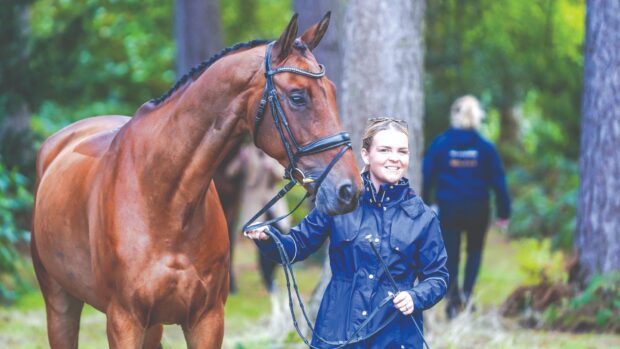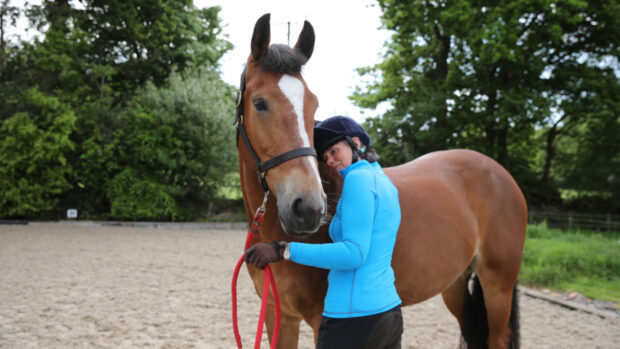Almost 60% of British grooms are not being paid minimum wage or any overtime, while just under 80% do not receive their full holiday entitlement, a new survey has revealed.
The research, conducted by the British Grooms Association (BGA) to mark the Equestrian Employers Association’s (EEA) Good Employment Week (16-22 November) exposed continuing poor working conditions in the industry.
The survey, which attracted 1,000 responses from grooms, also found that more than a third (33%) are working a six-day week while 13% work a full seven days.
The efforts of associations like the EEA and BGA have created positive change in some areas, however, with the number of employed grooms with a written contract growing from 53% in 2019 to 61% this year, while 83% of employed grooms now get paid holiday, compared to 66% in the previous survey.
“Whilst the research shows that aspects of employment are improving within our industry, I think it is quite unthinkable that in 2020 many employers are still choosing to ignore the law,” EEA president Tullis Matson said.
“Employing your team correctly is not a choice. Employers who need support should contact the EEA to get the help and advice they need in order to comply with legal requirements and help abolish illegal employment.”
The survey also highlighted ongoing exploitation of young grooms labelled as “working pupils”. Three quarters (74%) were not paid the national minimum wage, while the majority (69%) did not receive written contracts or pay slips.
Another three quarters worked more than nine hours a day, with 90% not having any breaks during their working hours.
Continues below…

‘Something has to change’: groom speaks out over ‘peanuts’ pay
Groom offered illegal employment by five prospective bosses

Times are changing as equestrian bosses mend their ways *H&H Plus*
Equestrian employers are realising they must comply with the law

Subscribe to Horse & Hound magazine today – and enjoy unlimited website access all year round
Working pupil arrangements often entice grooms to work for a discounted wage while they receive training but just 32% said they had received the coaching promised.
Half of the working pupils who responded to the survey were under the age of 18.
The EEA said it wanted to remind employers that although the term “working pupil” may be used to describe a position, the individual is still classed as an employee and has the same employment rights as other staff.
More information on equestrian employment and business support can be found online.
Horse & Hound magazine, out every Thursday, is packed with all the latest news and reports, as well as interviews, specials, nostalgia, vet and training advice. Find how you can enjoy the magazine delivered to your door every week, plus options to upgrade to access our H&H Plus online service which brings you breaking news as it happens as well as other benefits.




